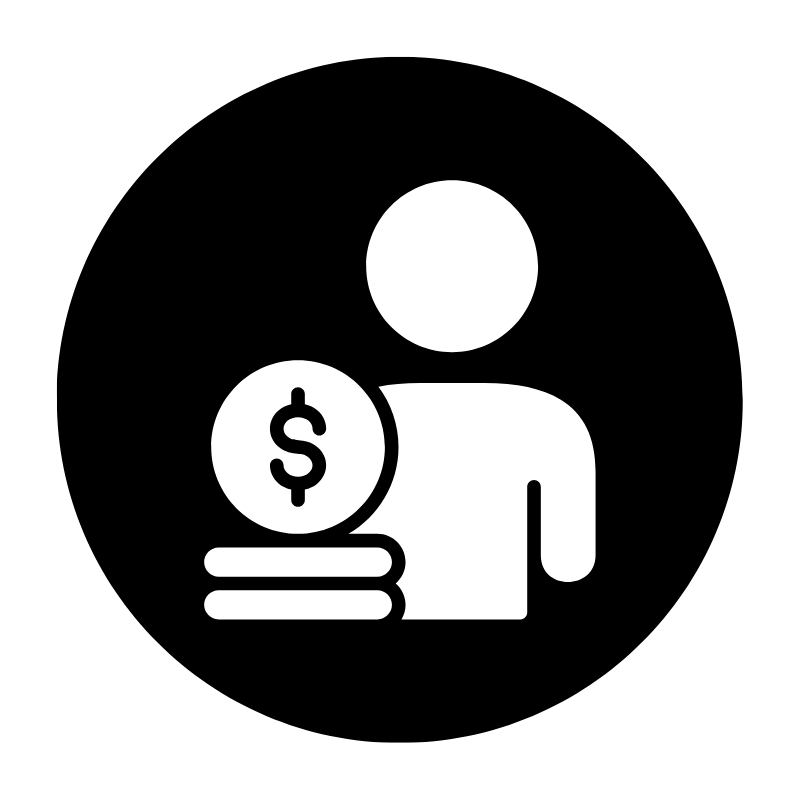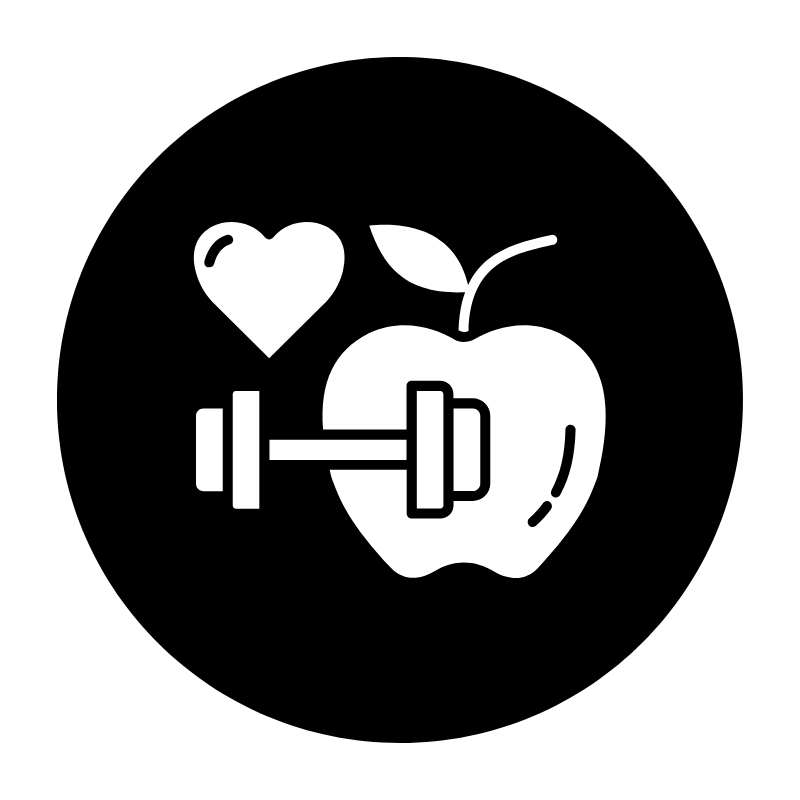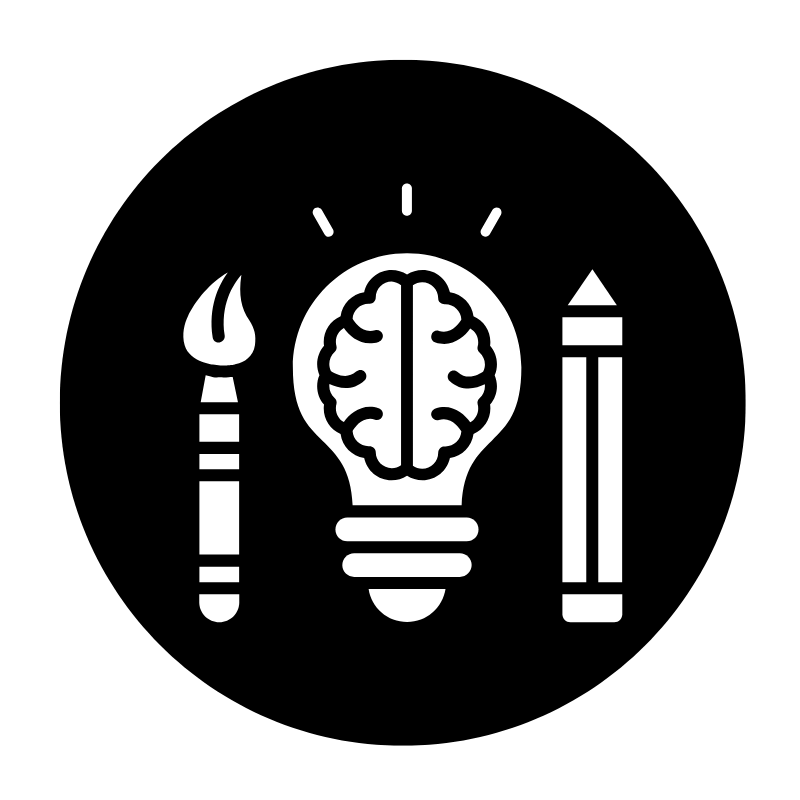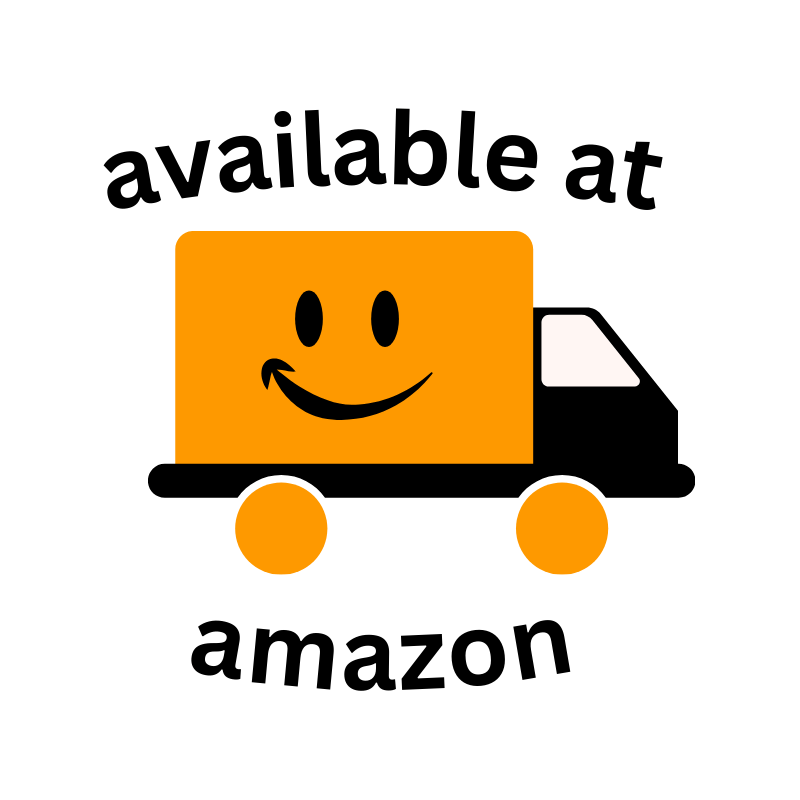Why Financial Literacy Matters for Financial Freedom

Disclaimer
Some links may earn us a small commission at no extra cost to you.
Click here to read our full affiliate disclosure.

Disclaimer
We believe in complete transparency with our audience.
Some links may earn us a small commission at no extra cost to you.
Please know that we only recommend products/services we have personally used, thoroughly researched, and genuinely believe can benefit our audience.
We are immensely grateful for every click and purchase you make through these links. Thank you for being a part of our community and for your continued support!
Click here to read our full affiliate disclosure.

Updated on 12/10/2025
In an era of increasing financial complexity, grasping the fundamentals of how money operates is not merely beneficial—it is crucial for both survival and success.
Financial literacy forms the foundation of wealth creation, security, and, ultimately, personal freedom.
In this blog post, we’ll explore the reasons why cultivating strong financial knowledge can significantly change your life and outline the steps you can take towards achieving financial freedom.
Understanding the Basics Builds Confidence

Consider financial literacy as similar to learning a new language—the language of money.
Just as being fluent in another language opens up new opportunities for communication and cultural understanding, mastering financial principles empowers you to handle money with confidence and clarity.
The psychological benefits of financial literacy are significant. When individuals develop a strong understanding of financial concepts, they often experience substantially reduced stress when making financial decisions.
This newfound confidence influences financial choices and enhances assertiveness in salary negotiations, fosters resilience during economic uncertainties, and improves personal relationships by minimising money-related disputes.
The Real Cost of Financial Illiteracy

The consequences of lacking financial knowledge extend far beyond simple monetary losses. Let's examine the true impact:
Immediate Costs:
High-interest debt accumulation from poor credit card management.
Excessive fees from banking mistakes and overdrafts.
Missed investment opportunities due to fear or lack of knowledge.
Higher insurance premiums from poor coverage choices.
Unnecessary tax burdens from lack of planning.
Long-term Consequences:
Insufficient retirement savings from delayed planning.
Reduced quality of life due to poor financial choices.
Limited career flexibility from financial constraints.
Generational poverty cycles that affect families.
Vulnerability to financial scams and predatory lending.
Missed opportunities for wealth building and asset appreciation.
The Societal Impact:
Increased burden on social services.
Higher rates of bankruptcy and foreclosure.
Reduced economic growth and innovation.
Widening wealth gaps between demographic groups.
Lower rates of entrepreneurship and business formation.
Key Components of Financial Literacy

I. Budgeting and Cash Flow Management
Understanding the fundamentals of cash flow is essential for developing strong financial literacy. Your budget isn't just a spreadsheet of numbers—it's a document that reflects your values and guides your financial decisions.
Effective budgeting begins with a clear understanding of your income sources and extends to thoughtful categorisation of expenses. Most importantly, it requires regular review and adjustment as your life circumstances change.
What to focus on for better budgeting and cash flow management:

1. Understanding Income:
Active income from employment
Passive income from investments
Side hustle opportunities
Tax implications of different income sources
2. Expense Management:
Fixed vs. variable expenses
Needs versus wants analysis
Emergency fund planning
Lifestyle inflation prevention
3. Advanced Budgeting Techniques:
Zero-based budgeting
50/30/20 rule application
Digital tracking tools and automation
Cash flow forecasting
II. Saving and Investment Strategies
Transitioning from saving to investing marks a significant milestone in your financial literacy journey.
High-yield savings accounts and certificates of deposit (CDs) serve as secure options for emergency funds and short-term objectives, but genuine wealth creation often necessitates exploring investment opportunities.
What to focus on:
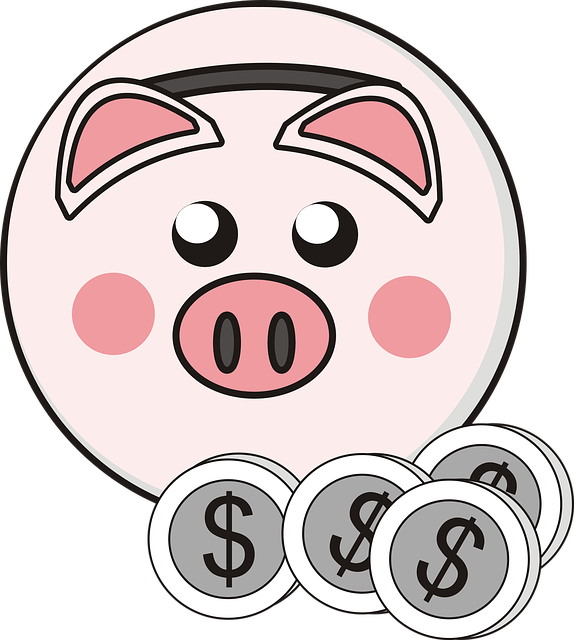
1. Foundation of Saving:
High-yield savings accounts
Certificate of deposits (CDs)
Money market accounts
Emergency fund allocation
2. Investment Vehicles:
Stocks and bonds basics
Mutual funds and ETFs
Real estate investment options
Cryptocurrency considerations
Alternative investments
3. Advanced Investment Concepts:
Dollar-cost averaging
Portfolio rebalancing
Tax-loss harvesting
Risk management strategies
Environmental, Social, and Governance (ESG) investing
III. Debt Management
Debt should not be viewed as inherently negative; rather, it serves as a valuable tool that, when utilised wisely, can contribute to wealth-building.
The essential aspect is to grasp the various types of debt and their suitable applications. For instance, a mortgage on a reasonably priced home or a low-interest student loan for a valuable degree can be considered investment debt.
However, high-interest consumer debt from credit cards or unnecessary personal loans can devastate your financial health.
Effective debt management involves regularly assessing your debt status, comprehending interest rates, and establishing a clear repayment plan.

Some Examples of Debt Reduction Strategies:
Avalanche method
Snowball method
Debt consolidation
Refinancing options
Credit score optimisation
IV. Risk Management and Insurance
Insurance represents a crucial yet often overlooked aspect of financial literacy. Think of insurance as a shield protecting your financial future from unexpected events.
A well-planned insurance strategy protects not just your current assets but your future earning potential as well.
Types of Insurance:
Life insurance options
Health insurance considerations
Property and casualty insurance
Disability insurance
Long-term care insurance
Risk Assessment:
Coverage evaluation
Cost-benefit analysis
Policy comparison
Claims process understanding
V. Tax Planning
Tax planning is essential for building wealth, yet it’s often misunderstood. It goes beyond just filing returns once a year; it's a continuous process that demands proactive thinking and informed decision-making.
By grasping the complexities of taxation, you can legally reduce your tax burden, keep more of your earnings, and unlock more avenues for wealth growth.
This holistic approach considers how your financial decisions—like retirement contributions and investment choices—affect your tax situation.
Remember, effective tax planning isn’t about evading taxes; it’s about making savvy choices that align with tax laws and your financial objectives.
What to consider for tax efficiency:
Tax deductions and credits
Retirement account tax benefits
Investment tax strategies
Business tax considerations
Estate planning basics
The Path to Financial Freedom

Financial freedom means different things to different people, but at its core it commonly includes:
Having sufficient passive income to cover expenses.
Freedom from financial stress and worry.
Ability to make life choices without monetary constraints.
Capacity to help others and give back.
Legacy planning for future generations.
Milestones on the Journey:
1. Debt Freedom
Eliminating high-interest debt
Managing good debt effectively
Building a positive credit history
2. Emergency Preparedness
3-6 months of expenses saved
Proper insurance coverage
Regular financial review habits
3. Investment Growth
Diversified portfolio development
Regular contribution habits
Long-term perspective maintenance
4. Income Expansion
Career advancement planning
Side hustle development
Passive income creation
Taking Action:
Start your financial literacy journey with these practical steps:
1. Begin With Education
Taking control of your financial future starts with education. Read financial books and websites, listen to podcasts and watch YouTube channels, and consider taking online courses.
Many local libraries and community centres also offer free financial literacy workshops.
2. Use Technology Wisely
Modern financial tools can simplify the journey:
Budgeting apps for expense tracking
Investment platforms for portfolio management
Credit monitoring services
Automated savings apps
3. Seek Professional Guidance
While self-education is valuable, working with financial professionals can accelerate your progress.
Consider consulting with:
Financial advisors
Tax professionals
Insurance specialists
Estate planning attorneys
Final Thoughts
Financial literacy goes beyond merely grasping the basics of money management; it’s about crafting the life you desire.
When you dedicate time to enhancing your financial education, you are essentially investing in your future freedom.
Begin your journey today, focusing on one concept at a time, and witness your financial confidence flourish alongside your wealth.
Keep in mind that financial freedom is not merely a goal to reach; it’s a continuous journey fueled by ongoing learning and the application of solid financial principles.
The sooner you embark on the path to improving your financial literacy, the quicker you can start shaping the future you dream of for yourself and your loved ones.

Trending
It's possible, even without an SSN.
Discover key qualities to consider when choosing right.
Learn what contributes to a successful business launch.
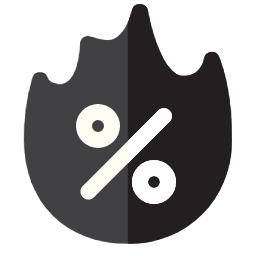
Deals & Promotions
You can also gain unlimited free access to Exclusive Content and Offers.

2026 © MitchelleO.D. All Rights Reserved.
Disclaimer: As an Amazon Associate, we earn from qualifying purchases. We may participate in additional affiliate networks or programs beyond Amazon.
Visit our Affiliate Disclosure Page to learn more.







